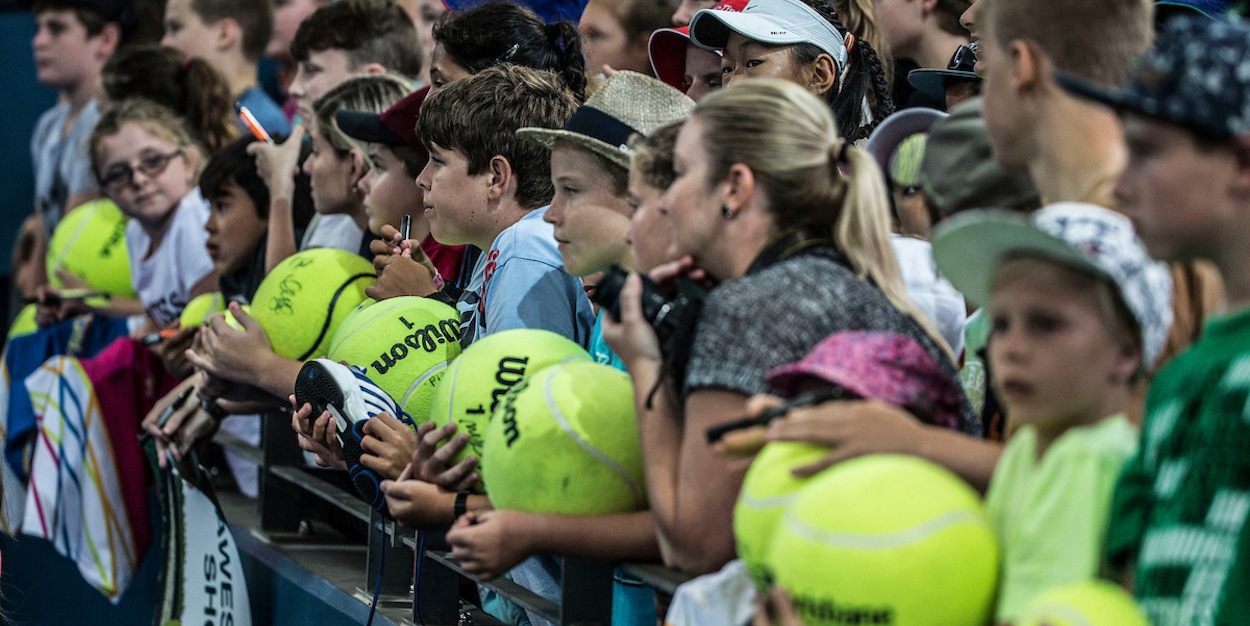
Get smart with your post-exercise nutrition
Between one and four hours of exhaustive exercise leaves the body depleted of energy reserves and if you want to perform at your best, the process of restoring the body starts immediately.
When provided with the correct fuel, the body is extremely efficient at storing energy. We have glycogen stores in the liver and skeletal muscles; liver glycogen stores are mainly used to fuel the brain – to keep cognitive processes firing, while muscle glycogen provides the fuel the body needs to keep moving.
Maintaining these glycogen stores is key to supporting the recovery process and the vital ingredient is carbohydrate. Evidence shows that exercised muscles are more receptive to delivery and absorption of nutrients, so the timing of glycogen replenishment is key. During the two-hour window after exercise muscles are more sensitive to insulin, meaning that sugars from carbohydrate can be absorbed at a faster rate. But if carbohydrate consumption is delayed by two hours, the rate of muscle glycogen synthesis can decrease by as much as 50%.
Different carbohydrates have different effects on insulin and therefore sugar uptake. Fructose, although a simple carbohydrate, is not as effective as glucose or sucrose. This doesn’t mean you can’t snack on a banana post-exercise, but it won’t be enough if you’ve got to recover quickly for another match or training session.
So what about protein? Studies show that including protein with the carbohydrate recovery food speeds up glycogen replenishment by increasing the uptake of sugar. For an optimal postexercise snack, look for options such as chocolate milk, a couple of portions of fruit with milk or drinking yoghurt, a handful of nuts and dried fruit, a jacket potato with tuna, or a sandwich with a protein filling such as cheese, tuna, peanut butter or egg. For main meals, high or medium GI foods including rice, pasta or potato with a healthy serving of vegetables and a serving of lean meat or fish is optimal.
Protein shakes are a convenient source of protein to help muscles during the rebuilding process. Muscle tissue is damaged during exercise, and needs to repair – which is why you feel achy in the days after a heavy workout (Delayed Onset Muscle Soreness). Sports supplements can help muscle to rebuild after exercise involves by delivering good quality protein that can be quickly absorbed and utilised to limit damage and speed recovery.
Due to absorption limitations, the first two hours may be best suited to easily absorbable replacements, such as sports drinks. These fluids will also help with rehydration and provide carbohydrate, proteins and electrolytes that are easily absorbed.
- Join the tennishead CLUB and receive £250/$350 of FREE GEAR including ASICS Gel-Resolution 8 trainers, shorts, shirt & socks
- Keep up to date with the breaking news & tennis action at our tennis news section
- Win amazing prizes by entering our competitions
- Learn more about your favourite players including Roger Federer, Rafa Nadal and Novak Djokovic
- Check out the latest tennis equipment with our tennis gear reviews
- Receive regular updates in our legendary free newsletter
- Read in depth features with stunning photography in tennishead magazine
- Can’t visit the tournaments you love? Check out our guide on how to watch tennis on TV
- Don’t miss a thing with our Live Scores service
- Follow tennishead on social media at Facebook, Twitter, Instagram & YouTube
- EXCLUSIVE 5% DISCOUNT for all tennishead readers on tennis rackets, balls, clothing, shoes & accessories with All Things Tennis, our dedicated tennis gear partner


